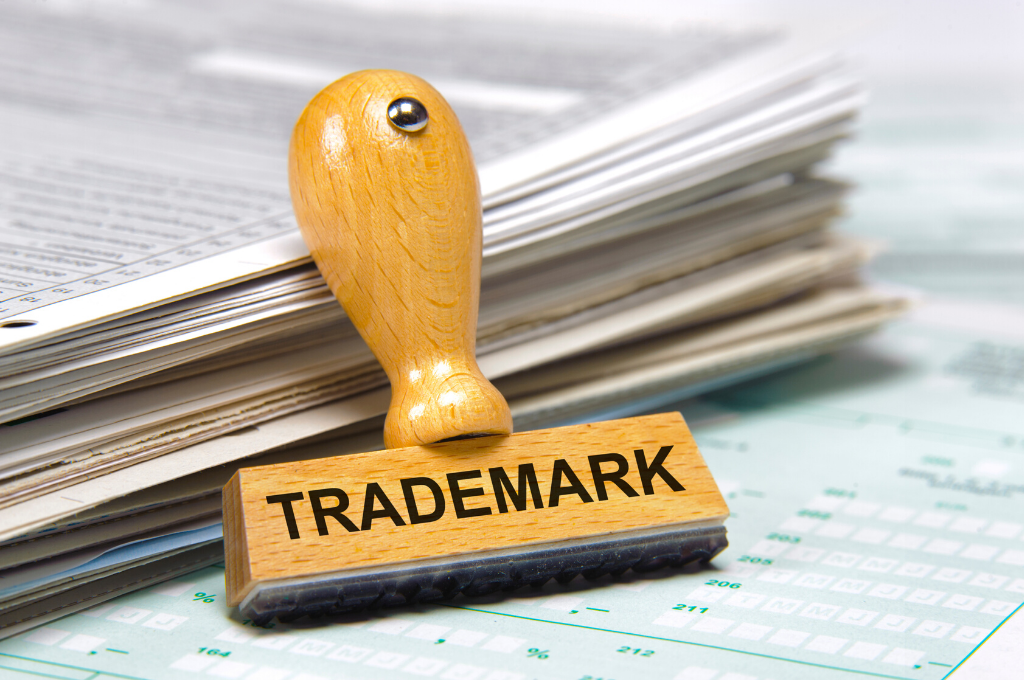The NSA has curtailed the harassment of right holders through unjustified applications to revoke their trademarks. 2018 did not bring any major changes in trademark law of the type that characterised previous years. However, the Polish Supreme Administrative Court (NSA) did pass a very important judgment affecting the owners of trademark protection rights. The ruling will result in a reduction in the number of unjustified applications for trademark revocation due to non-use.
Revoking trademarks
The revocation of the right of protection held by a trademark is often used in disputes litigated under civil or criminal law, in cases concerning the violation of the right of protection, and in proceedings related to the introduction of counterfeits to the market. The purpose of trademark revocation is to eliminate protection rights that were granted but are not actually being used on the market. This results from the statutory obligation to use a registered trademark to designate those goods specified in the relevant list. Failure to comply with this obligation may result in the revocation of the right of protection pursuant to Article 169 of the Industrial Property Law Act.
If the mark is not used at all, the matter seems straightforward. However, what if the mark is being used, but only for certain goods covered by the registration? Article 171 of the Industrial Property Law states that if the reason for the revocation of the trademark concerns only certain goods, the cancellation of the right of protection applies only to those goods. But how can this be resolved in practice? After all, very often a general category of goods is indicated in the list, such as clothing, office supplies, handbags, or toys; if the mark is only used for specific products, such as men’s suits and shirts, pens, leather handbags, or puzzles, what then?
As the courts see it
Until now, the case law emanating from Polish administrative courts had not proved to be a very rich source for those seeking guidelines as to how Article 171 of the Industrial Property Law should be interpreted, since there had only been one judgment in this matter: the case of TRANSPAK GOTUJ ZE SMAKIEM (reference number II GSK 1502/10). Additionally, disputes had arisen in the doctrine following this judgment due to the court’s approach to the issue of separating sub-categories of goods within the general category for which the mark was registered. However, following the 2018 judgment, which was delivered on the basis of Article 171 of the Industrial Property Law in the case no. II GSK 1996/16, we are able to find a few more answers to the question in hand.
So how should we approach a situation where the mark is registered for a wider category and yet is only used for part of the goods listed in that category? The case examined by the court concerned whether, within the category of goods such as “bags; travel bags”, it is possible to separate the following sub-categories: “bags on wheels; bags on wheels and with a frame”. In its judgment, the court stated that, while it is possible to seek revocation of the protection of the trade mark in respect of certain goods only, “the partial revocation of the right is limited by the legitimacy of the degree of detail of the product covered by the application which falls within the category named within the list of goods”. It also stated unequivocally that the specification of the terms included in the list of goods of a given mark should be rational and justified in fact or economically. As the court held, “Otherwise, such a request may be perceived as a means of harassing the right holder, from whom it could be possible to demand the use of a particular good with a specific but not necessary addition, or goods with a specific fastening, shape, or colour, as in the case of bags.”
What does this mean in practice?
From the perspective of right holders, this is a very important judgment as it makes it impossible to revoke the right of protection for a trademark for some variant or economic variety of goods, e.g. due to their size, design, or functional elements or the specific raw material from which they are made. This verdict will certainly be welcomed by the owners of protective rights operating in the broadly defined fashion industry, namely manufacturers of clothing, footwear, and leather goods, in which many goods produced in a given season result from market trends. Allowing such arbitrary divisions, which would invariably be carried out in such a way that is totally detached from the market reality, would ultimately lead to the separation of individual varieties, models, designs, and variants, which in turn would lead to a reduction in the level of protection resulting from the registration of a trademark. This in turn would result in an escalation of disputes brought before the Polish Patent Office whereby the claims are completely detached from the economic and legal needs of the applicants, thus amounting to sheer harassment of right holders.


